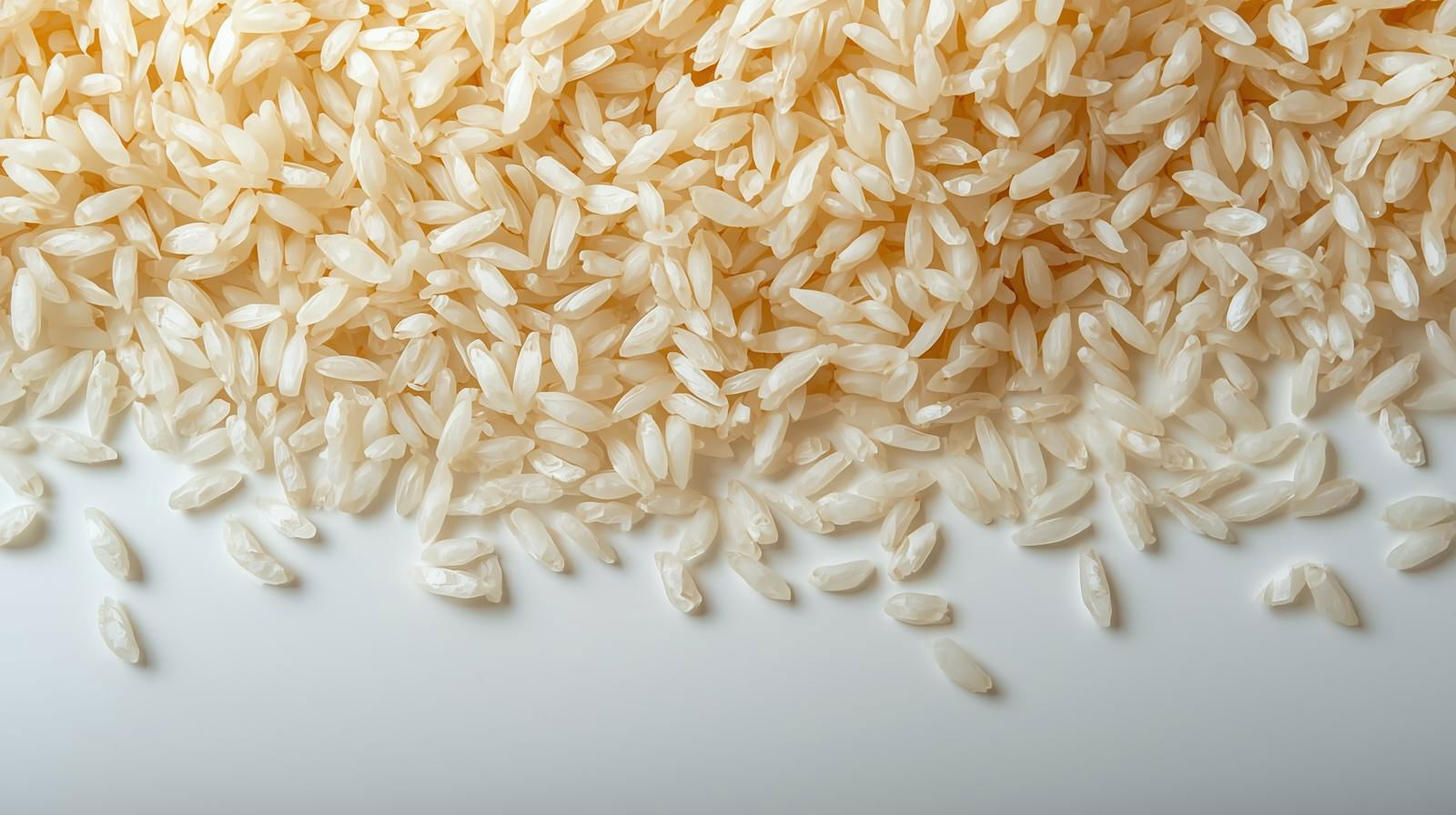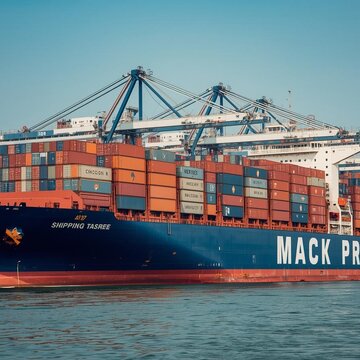On September 24, 2025, the Directorate General of Foreign Trade issued a new notification changing the export policy for non-basmati rice from “Free” to “Allowed subject to registration of contracts with APEDA.” Under this new rule, no non-basmati rice export can proceed without prior registration of its contract under the Agricultural and Processed Food Products Export Development Authority (APEDA), as per a Business Standard report.
Prem Garg, National President of the Indian Exporters Federation (IREF) called it a “landmark decision” that aligns non-basmati rice with basmati in terms of export norms. According to The Tribune, He said the change introduces uniformity, transparency and accountability in the rice export policy.
To register a contract, exporters must now pay a nominal ₹8 per metric ton. Given that India exports about 16–17 million metric tons of non-basmati rice annually, this could translate to more than ₹100 crore in revenue, funds that will reportedly be reinvested into research, value addition and export promotion.
Non-basmati rice has long been treated as a politically sensitive commodity, subject to sudden curbs and regulatory shifts that have hurt exporters who signed contracts earlier. With the new registration rule, the government gains better visibility into export commitments, enabling more orderly, equitable interventions if needed, according to The Tribune's report.
Industry sources say the extra step will not significantly raise costs or slow trade. According to Business Standard, exporters expect only minimal impact, while the government gains the power to monitor volumes and plan in a calibrated way. Meanwhile, similar registration has long been imposed on basmati rice exports, so this move closes a regulatory gap.
The policy is also timely, coming ahead of the Bharat International Rice Conference scheduled for October 30–31 in Delhi, jointly organised by the Ministry of Commerce and IREF. As India aims to deepen its global role in rice trade, stakeholders say the registration move helps build trust among buyers, strengthens credibility, and prepares the export ecosystem for more resilient growth.






